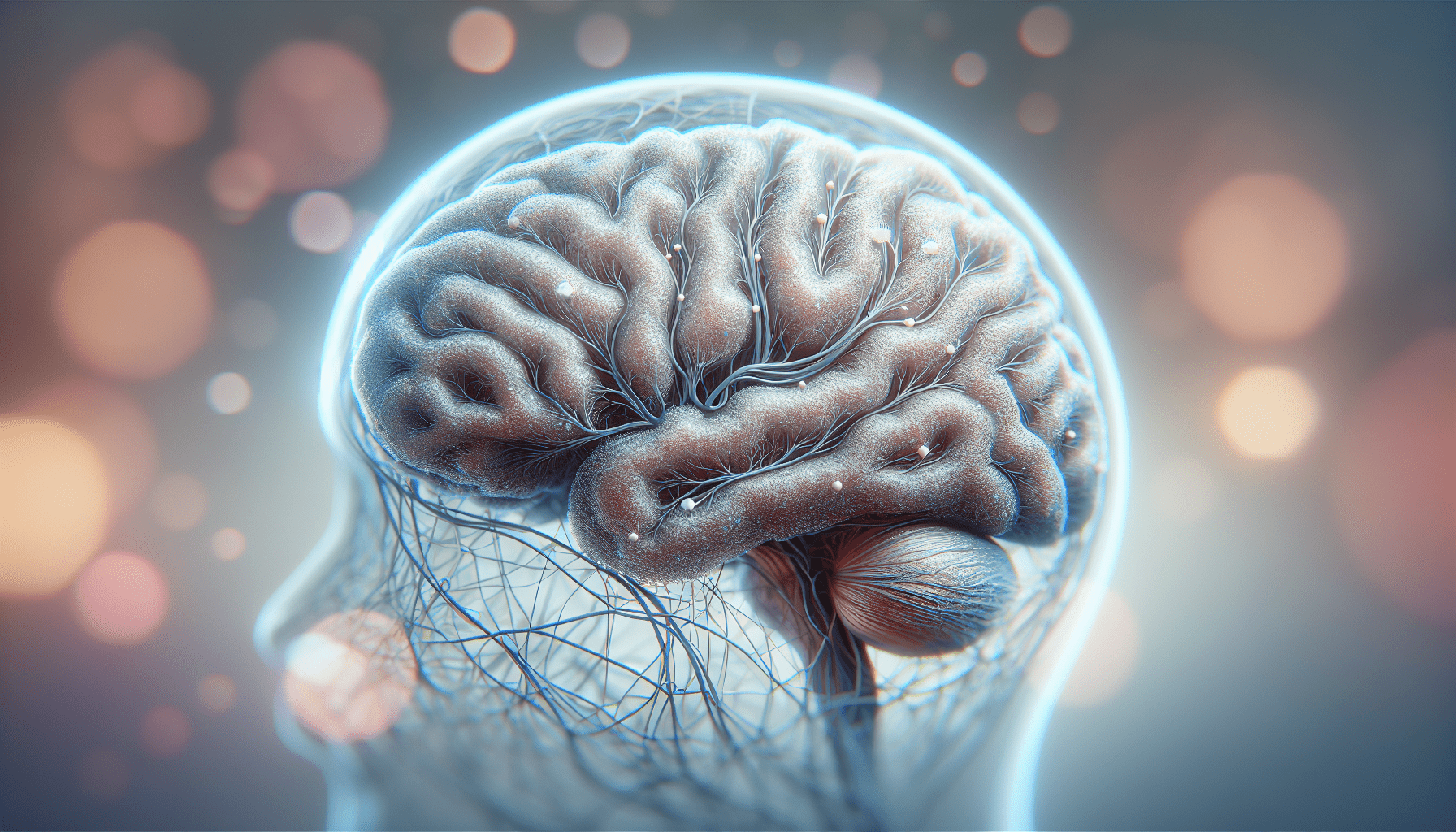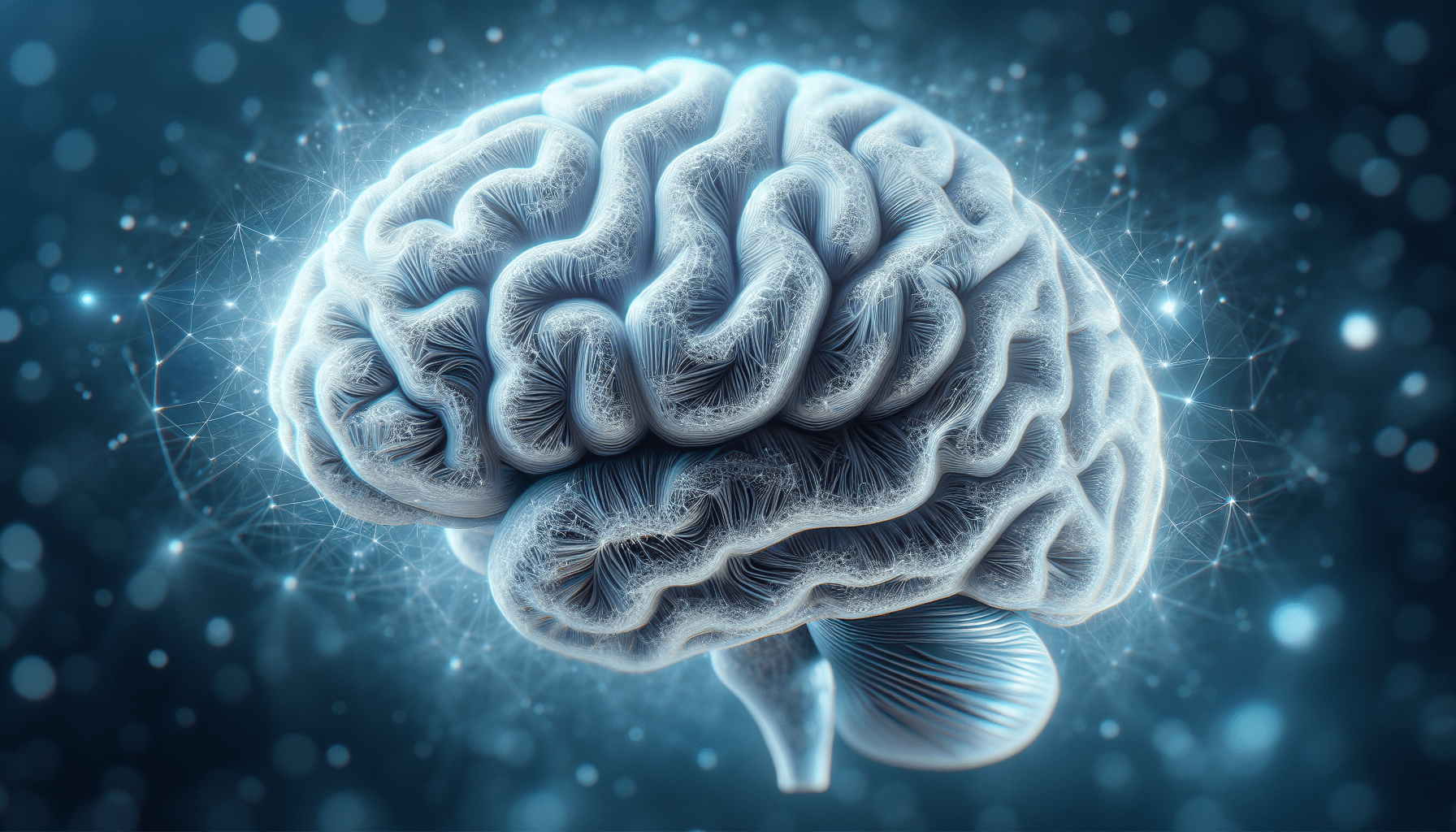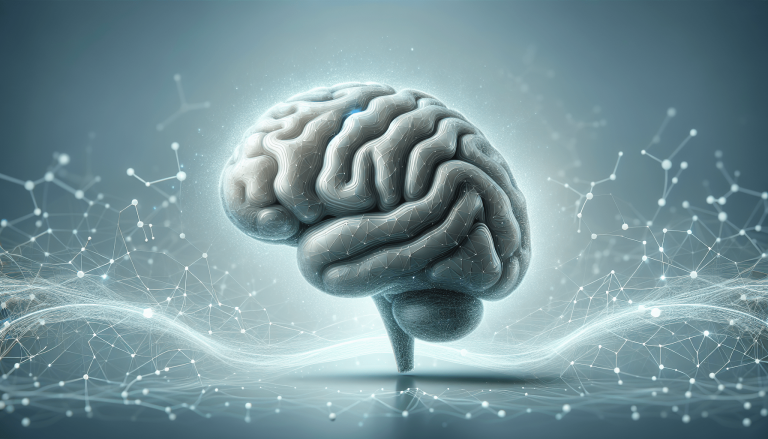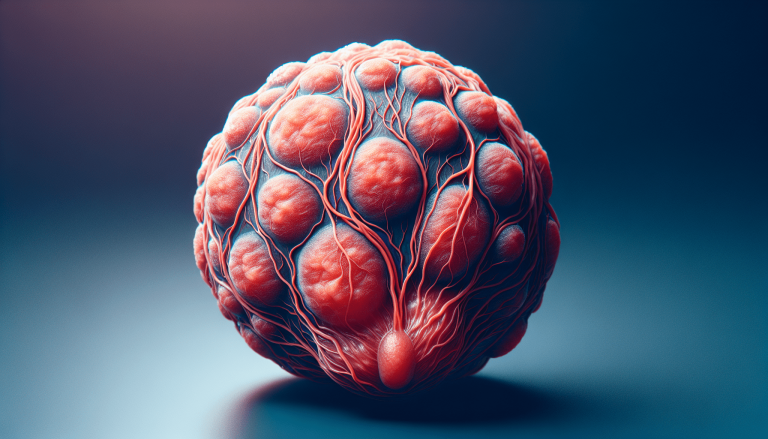What Causes Alzheimer’s?
In the article “What Causes Alzheimer’s?”, you’ll delve into the intricate world of Alzheimer’s disease, exploring the various factors that contribute to this complex condition. Alzheimer’s is not caused by a single culprit but rather a combination of genetic, environmental, and lifestyle elements that interplay over time. You’ll uncover how specific genes may increase your risk, the impact of aging on your brain, and how lifestyle choices like diet and exercise could play pivotal roles. This comprehensive journey aims to provide you with a clearer understanding of the underlying causes of Alzheimer’s, making it easier to grasp the why and how of this challenging disease. Have you ever wondered what causes Alzheimer’s? It’s a question that many people are curious about, especially as it touches the lives of so many individuals and families. Alzheimer’s disease is a complex, multifaceted condition that continues to challenge scientists and healthcare providers around the world. By understanding its causes, you can gain insight into how this disease progresses and what steps might be taken to manage or even prevent it.

Understanding Alzheimer’s Disease
Alzheimer’s disease is a progressive neurological disorder that primarily affects memory, thinking, and behavior. Over time, it can lead to severe cognitive impairment, impacting your ability to perform daily tasks. While the exact cause of Alzheimer’s is not fully understood, researchers have identified several contributing factors. Let’s dive into these factors and explore how they might influence the development of Alzheimer’s.
Genetic Factors
Your genes play a significant role in determining your risk of developing Alzheimer’s. Family history can provide insight into your likelihood of encountering the disease.
ApoE Gene
One of the most well-known genetic risk factors for Alzheimer’s is a variant of the Apolipoprotein E (ApoE) gene. There are three common forms of the ApoE gene: ε2, ε3, and ε4. Your risk of developing Alzheimer’s increases if you inherit one or two copies of the ε4 variant. However, inheriting the ε4 variant does not guarantee that you will develop the disease, and some people with no ε4 alleles still get Alzheimer’s.
| ApoE Variant | Alzheimer’s Risk | Comments |
|---|---|---|
| ApoE ε2 | Decreased | Protective effect |
| ApoE ε3 | Neutral | Most common variant |
| ApoE ε4 | Increased | Highest risk variant |
Early-Onset Alzheimer’s Genes
Another genetic factor comes into play with early-onset Alzheimer’s, which affects individuals under the age of 65. Mutations in specific genes, such as APP (amyloid precursor protein), PSEN1 (presenilin 1), and PSEN2 (presenilin 2), can cause early-onset Alzheimer’s. These mutations are rare but lead to the condition in affected families.
Amyloid Plaques and Tau Tangles
Two hallmark features of Alzheimer’s disease are amyloid plaques and tau tangles. Understanding these features can help you grasp how the disease progresses.
Amyloid Plaques
Amyloid plaques are clumps of beta-amyloid protein fragments that accumulate between nerve cells (neurons) in the brain. Researchers believe that these plaques disrupt cell-to-cell communication, leading to neuronal death. The exact reason why beta-amyloid accumulates is still under investigation, but it is a crucial area of Alzheimer’s research.
Tau Tangles
In a healthy brain, the tau protein helps support the structure of neurons. However, in Alzheimer’s disease, tau proteins malfunction and form twisted tangles inside neurons. These tangles cause the neuron’s internal transport system to collapse, leading to cell death. The presence of tau tangles is another hallmark of Alzheimer’s.
Environmental and Lifestyle Factors
Beyond genetics, your environment and lifestyle also play a role in the development of Alzheimer’s. While you can’t change your genetic makeup, you can influence other risk factors.
Diet and Nutrition
Your diet can significantly impact your brain health. Diets high in fruits, vegetables, whole grains, lean proteins, and healthy fats are associated with a lower risk of Alzheimer’s. The Mediterranean diet, for instance, is rich in these components and has been linked to a reduced risk of cognitive decline.
Physical Activity
Regular physical activity can benefit your brain health. Exercise improves blood flow to the brain and can reduce inflammation, both of which may help protect against Alzheimer’s. Aim for at least 150 minutes of moderate-intensity exercise per week.
Cognitive Engagement
Keeping your mind active may also reduce your Alzheimer’s risk. Engaging in activities that challenge your brain—like puzzles, reading, or learning new skills—can help maintain cognitive function as you age.
Sleep
Adequate sleep is essential for brain health. Poor sleep patterns and sleep disorders, such as sleep apnea, are associated with an increased risk of Alzheimer’s. Strive for 7-9 hours of quality sleep per night.
Cardiovascular Health
Your brain is highly dependent on a healthy cardiovascular system. Conditions that affect your heart and blood vessels can also impact your brain health.
Blood Pressure
High blood pressure, particularly in midlife, is a significant risk factor for Alzheimer’s. Keeping your blood pressure within a healthy range can help protect your brain.
Cholesterol Levels
Abnormal cholesterol levels can also contribute to the development of Alzheimer’s. High levels of LDL (bad) cholesterol and low levels of HDL (good) cholesterol are particularly concerning. A healthy diet, regular exercise, and medications can help manage cholesterol levels.
Diabetes
Type 2 diabetes is another risk factor for Alzheimer’s. High blood sugar levels can damage blood vessels in the brain, leading to cognitive decline. Managing diabetes through diet, exercise, and medications can help reduce this risk.
Brain Injuries
Head injuries, especially those that cause a loss of consciousness, can increase your risk of developing Alzheimer’s later in life.
Traumatic Brain Injury (TBI)
Severity and frequency of traumatic brain injuries (TBI) are linked with an increased risk of Alzheimer’s. Whether it’s a single severe injury or repeated mild injuries, the impact on your brain can be long-lasting. Wearing helmets and seatbelts can help prevent TBIs.
Chronic Inflammation
Inflammation is a normal response to injury and infection, but chronic inflammation can harm your body, including your brain. Conditions like obesity, heart disease, and autoimmune diseases cause persistent low-level inflammation, which is linked to an elevated risk of Alzheimer’s.
How is Alzheimer’s Diagnosed?
Diagnosing Alzheimer’s disease involves several steps and professional evaluations. Recognizing the symptoms and getting proper medical assessments can lead to earlier intervention and better management. Here’s how Alzheimer’s is usually diagnosed:
Clinical Evaluation
Your doctor will take a comprehensive medical history, perform physical and neurological exams, and assess cognitive functions through various tests.
Cognitive Testing
Various cognitive tests assess memory, problem-solving skills, attention, counting, and language. Tests such as the Mini-Mental State Examination (MMSE) can provide valuable insights into cognitive performance.
Brain Imaging
Imaging techniques like MRI (magnetic resonance imaging) and CT (computed tomography) scans can help rule out other causes of cognitive decline, such as tumors or strokes. PET (positron emission tomography) scans can identify amyloid plaques and tau tangles in the brain.
Laboratory Tests
Blood tests can help eliminate other conditions that might cause similar symptoms to Alzheimer’s, such as thyroid disorders or vitamin deficiencies.

Current Treatments and Future Directions
While there is no cure for Alzheimer’s, treatments are available to manage symptoms and improve quality of life. Research is ongoing, and future therapies hold promise for more effective management and potential prevention.
Medications
Cholinesterase Inhibitors
These medications, such as donepezil, rivastigmine, and galantamine, can help manage symptoms by increasing levels of acetylcholine, a neurotransmitter involved in memory and learning.
NMDA Receptor Antagonists
Memantine is another medication used to treat moderate to severe Alzheimer’s. It works by regulating glutamate, another neurotransmitter important for brain function.
Non-Pharmacological Interventions
Non-drug approaches can also be effective in managing Alzheimer’s symptoms.
Cognitive Therapy
Engaging in cognitive therapy can help maintain cognitive functions and delay the progression of symptoms. Activities that challenge the brain can be beneficial.
Lifestyle Modifications
Implementing meaningful lifestyle changes, such as a healthy diet, regular exercise, and engaging social interactions, can improve quality of life and potentially slow disease progression.
Future Directions in Research
Disease-Modifying Treatments
Researchers are working on developing treatments that can modify the disease process itself, rather than just managing symptoms. These treatments aim to disrupt amyloid plaque formation or tau tangle accumulation.
Immunotherapy
Immunotherapy approaches involve using your immune system to target and remove amyloid plaques or tau tangles. Early clinical trials have shown promise, but more research is needed.
Personalized Medicine
Advancements in genetics and biomarkers may lead to personalized treatment plans tailored to your specific risk factors and disease progression patterns.

Conclusion
Understanding what causes Alzheimer’s involves a complex interplay of genetic, environmental, and lifestyle factors. While you cannot change your genetic risk, many lifestyle modifications and proactive measures can help you reduce your risk and maintain cognitive health. Ongoing research continues to shed light on this challenging disease, offering hope for more effective treatments and potential preventive strategies in the future. So, while the causes of Alzheimer’s may be multifaceted, the steps you take today can potentially make a significant difference in your cognitive health tomorrow.
Additional Resources

Having trouble remembering things? Then, you need to try this simple 10 second test for dementia.
A renowned study in the medical journal “Neurology”, says if you don’t pass this test… There’s a 95% chance you get dementia later.
It’s important to do this 10 second dementia test if you’re…
- Losing your keys…
- Forgetting names or small things…
- Or can’t remember why you walked into a room or what you wanted to say.
All these are early signs of memory loss. And these “forgetful moments” can quickly escalate into serious memory conditions like Alzheimer’s. But the good news is, over 47,327 people have already tried this test and improved their memory.
Take this 10 second test for dementia now (don’t wait until it’s too late).







